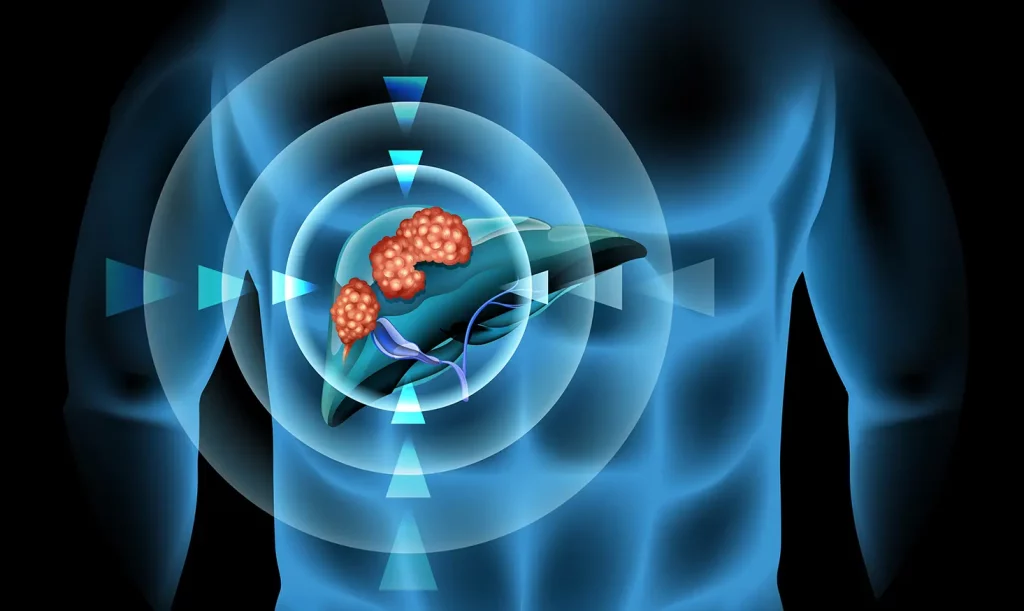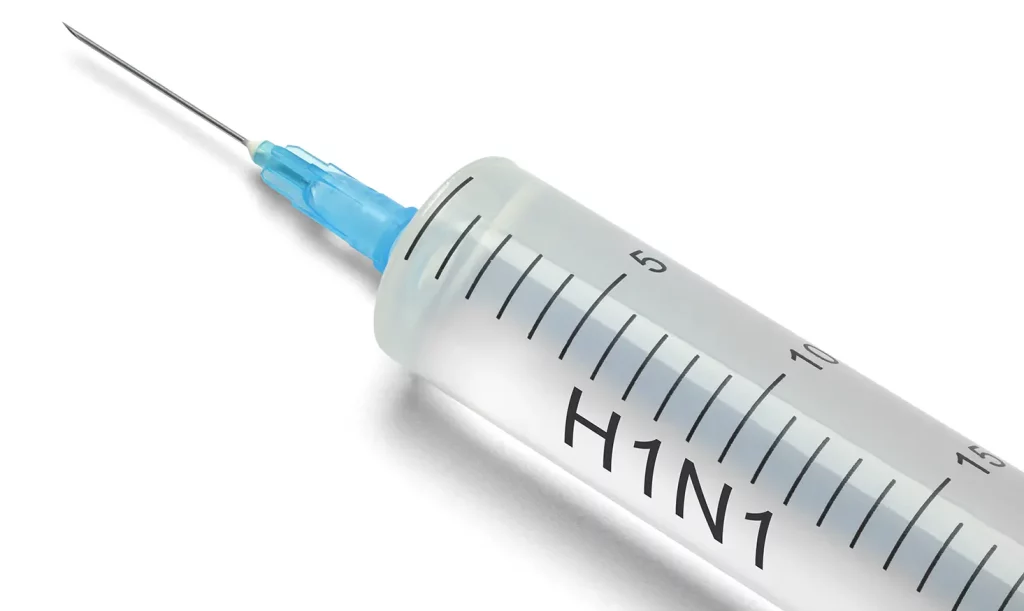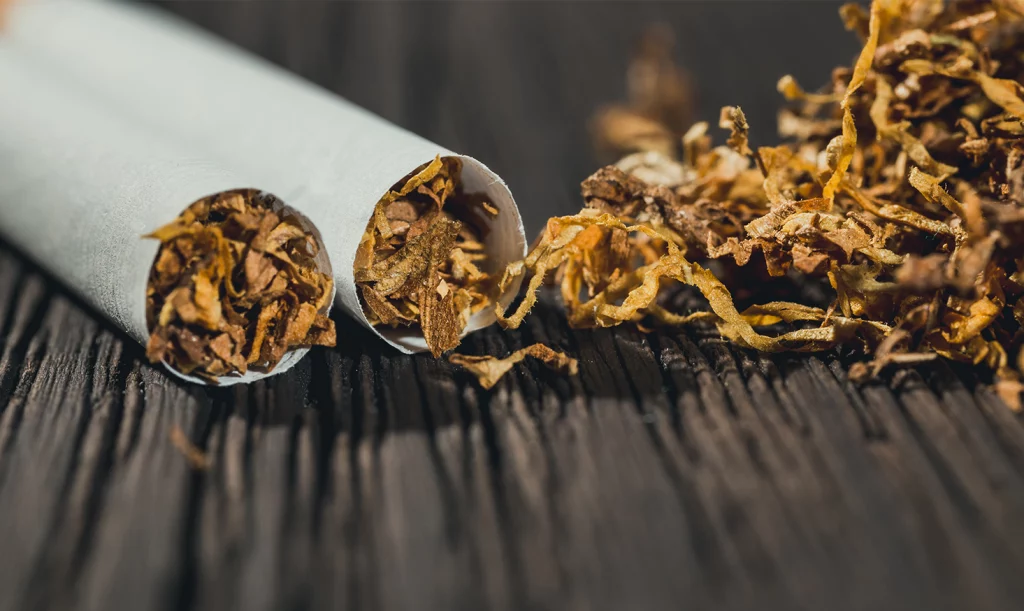Share This:

The association of lifestyle and cancer risk is worthy of our attention. Comprehensive studies by the American Institute of Cancer Research and the World Cancer Research Fund estimated that healthy diets, together with regular physical activity and appropriate body mass, could potentially reduce cancer incidence by 30 to 40 per cent. At current rates, on a global basis, this represents three to four million cases of cancer per year that could be prevented by a healthy diet and an active lifestyle.
I recommend a simple 8-step path to a lower cancer risk that can be easily adopted by everyone.
1. Body weight
Keep your body-mass- index (BMI) between 18 to 23. Many cancers, including colon, breast, endometrium (the lining of the uterus), kidney, oesophagus, gallbladder, ovaries, and pancreas, are associated with obesity. Maintenance of a healthy weight throughout life may be one of the most important ways to protect against cancer.
2. Physical activity
All forms of physical activity protect against some cancers, as well as against weight gain. Be moderately physically active, equivalent to brisk walking for at least 30 minutes every day. As fitness improves, aim for 60 minutes or more of moderate, or for 30 minutes or more of vigorous, physical activity every day. Limit sedentary habits such as watching television.
3. Food that promotes weight gain
Consume energy-dense foods and ‘fast food’ sparingly. Avoid sugary drinks. Food supplies that are mainly made up of processed foods, which often contain substantial amounts of fat or sugar, tend to be more energy dense than food supplies that include substantial amounts of fresh foods.
4. Eat mostly foods of plant origin
Evidence shows that most diets that are protective against cancer are mainly made up from foods of plant origin. Eat at least five portions/servings (at least 400 g) of a variety of non-starchy vegetables and of fruits every day. Limit refined starchy foods. Non-starchy vegetables include green, leafy vegetables, broccoli, eggplant, and cabbage, but not, for instance, potato, yam or sweet potato. Non-starchy roots and tubers include carrots and turnips.
5. Limit intake of red meat and avoid processed meat.
Consume less than 500 g a week of red meat, very little, if any, to be processed. Meat can be a valuable source of nutrients, in particular, protein, iron, zinc, and vitamin B12. Many foods of animal origin are nourishing and healthy if consumed in modest amounts.
6. Limit alcoholic drinks
The evidence on cancer justifies a recommendation not to drink alcoholic drinks. Other evidence, however, shows that modest amounts of alcoholic drinks are likely to reduce the risk of coronary heart disease. If alcoholic drinks are consumed, limit consumption to no more than two drinks a day for men and one drink a day for women. The evidence shows that all alcoholic drinks have the same effect. There is no significant difference on the type of drink and therefore all alcoholic drinks, whether beers, wines, spirits (liquors), or other alcoholic drinks are implicated. The important factor is the amount of alcohol consumed.
7. Limit consumption of salt
Evidence on methods of food preservation, processing, and preparation shows that salt and salt-preserved foods are probably a cause of stomach cancer.
8. Dietary supplements are not recommended for cancer prevention
Evidence shows that high-dose nutrient supplements can be protective or can cause cancer. Consumption of supplements for cancer prevention might have unexpected adverse effects.
Increasing the consumption of the relevant nutrients through the usual diet is preferred.

At The Cancer Centre (TCC), Dr Wong Seng Weng and his medical oncology team are focusing their expertise on implementing preventive measures, actively conducting screening and providing innovative, targeted treatments for adult cancers, as well as using proven technologies to ensure optimal patient safety and comfort.
Dr Wong, a visiting consultant medical oncologist at Mount Elizabeth Hospital (Novena) and Mount Elizabeth Hospital (Orchard), holds the appointment of Adjunct Clinician Scientist at the Institute of Bioengineering and Nanotechnology in the Agency of Science, Technology and Research (A*STAR). He is also an active member of the American Society of Clinical Oncology, European Society of Medical Oncology and Singapore Society of Oncology.
Share This:
















The Cancer Centre @ Paragon
290 Orchard Road #17-05/06
Paragon Medical (Lobby F)
Singapore 238859
The Cancer Centre @ Mount Elizabeth Orchard
3 Mount Elizabeth #12-11
Mount Elizabeth Medical Centre
Singapore 228510
(by appointment only)
The Cancer Centre @ Mount Elizabeth Novena
38 Irrawaddy Road #07-41
Mount Elizabeth Novena Specialist Centre
Singapore 329563

BOOK AN APPOINTMENT
Incorporated in 2005, Singapore Medical Group (SMG) is a healthcare organisation with a network of private specialist providers across four established pillars - Aesthetics, Diagnostic Imaging & Screening, Oncology and Women's and Children's Health. Within Singapore, SMG has more than 40 clinics strategically located in central Singapore and heartland estates. Beyond Singapore, SMG also has an established presence in Indonesia, Vietnam and Australia. Learn about our privacy policy here.
